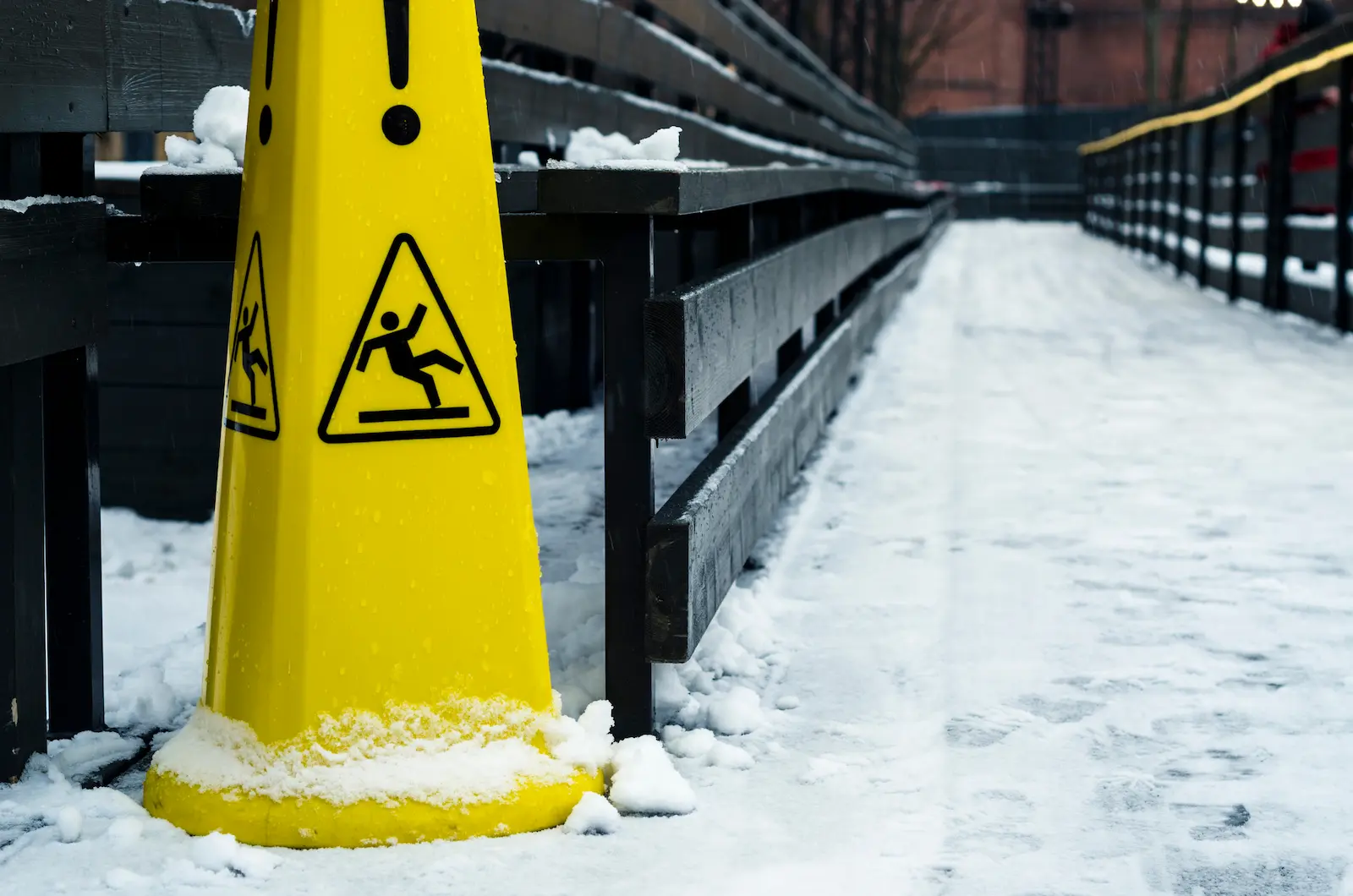
Slip and fall accidents are more than just physical setbacks; they often involve complex legal considerations. Whether you’re a business owner, property manager, or an individual who has suffered a fall, understanding the legal aspects of these accidents is crucial. This blog post aims to shed light on the key legal dimensions of slip and fall incidents.
What Constitutes a Slip and Fall Accident?
A slip and fall accident occurs when an individual falls and sustains injury due to a hazardous condition on someone else’s property. These conditions can include wet floors, uneven surfaces, poor lighting, or hidden dangers.
Understanding Liability and Negligence
The cornerstone of most slip and fall cases is the concept of negligence. For a property owner or manager to be held liable, it must be proven that they were negligent in maintaining safe conditions. This includes failing to rectify a known hazard or not providing adequate warning about a potential danger.
The Duty of Care Explained
Property owners owe a duty of care to ensure their premises are safe for visitors. This duty varies depending on the visitor’s status: invitees, licensees, and trespassers. The highest duty is owed to invitees, like customers in a store, followed by licensees, such as social guests. Trespassers are owed the least duty, although property owners cannot willfully harm them.
Reporting and Documentation
If a slip and fall accident occurs, it’s important to report it immediately and document everything. This includes taking pictures of the accident scene, collecting contact information of witnesses, and keeping records of medical treatments. This documentation can be crucial in a legal claim.
Comparative Negligence and Contributory Fault
In some cases, the injured party may also be partly at fault. Many jurisdictions follow a comparative negligence rule, where damages are reduced by the injured party’s percentage of fault. For example, if a person is found 20% at fault for not paying attention, their compensation might be reduced by 20%.
Statute of Limitations
There is a limited time frame within which you can file a slip and fall lawsuit, known as the statute of limitations. This period varies by state but typically ranges from one to four years from the date of the accident.
Settlements vs. Trials
Many slip and fall cases are settled out of court. Settlements can provide a quicker resolution and avoid the uncertainties of a trial. However, if a satisfactory settlement isn’t reached, the case may go to trial, where a judge or jury will determine liability and damages.
The Role of Legal Representation
Navigating a slip and fall case can be complex. Seeking legal representation can provide guidance through the legal process, from understanding your rights to negotiating settlements or representing you in court.
Conclusion
The legal aspects of slip and fall accidents are multifaceted and require careful consideration of liability, negligence, and the specific circumstances of the incident. Whether you’re a victim or a property owner, understanding these legal principles is essential for protecting your rights and interests. In any case, consulting with a legal professional can provide invaluable assistance in navigating these often-challenging waters.
Legal Guidance on Slip and Fall Accidents from Brach Eichler Injury Lawyers
Navigating the legal aftermath of a slip and fall accident can be daunting. Brach Eichler Injury Lawyers have the expertise to guide you through every step. Whether you’re assessing liability, filing a claim, or seeking compensation, our experienced attorneys can help. Reach out to us or visit Brach Eichler Injury Lawyers for more details.
Related posts
Insurance and Slip and Fall Accidents: Navigating Coverage and Claims
Recovering from a Slip and Fall Injury: A Journey to Wellness
What Not to Say in a Slip and Fall Investigation
Written by: Brach Eichler Injury Lawyers Last Updated : November 22, 2023We are the trial attorneys with the experience and knowledge to get you the results you deserve. At Brach Eichler Injury Lawyers, we take time to get to know you, as well as your case. We are committed to excellence. It is important for our team to understand your fears, concerns and expectations. We are always available to answer any questions, and are willing to come to you if you are unable to come to us.
Contact Your New Jersey Personal Injury Attorneys
